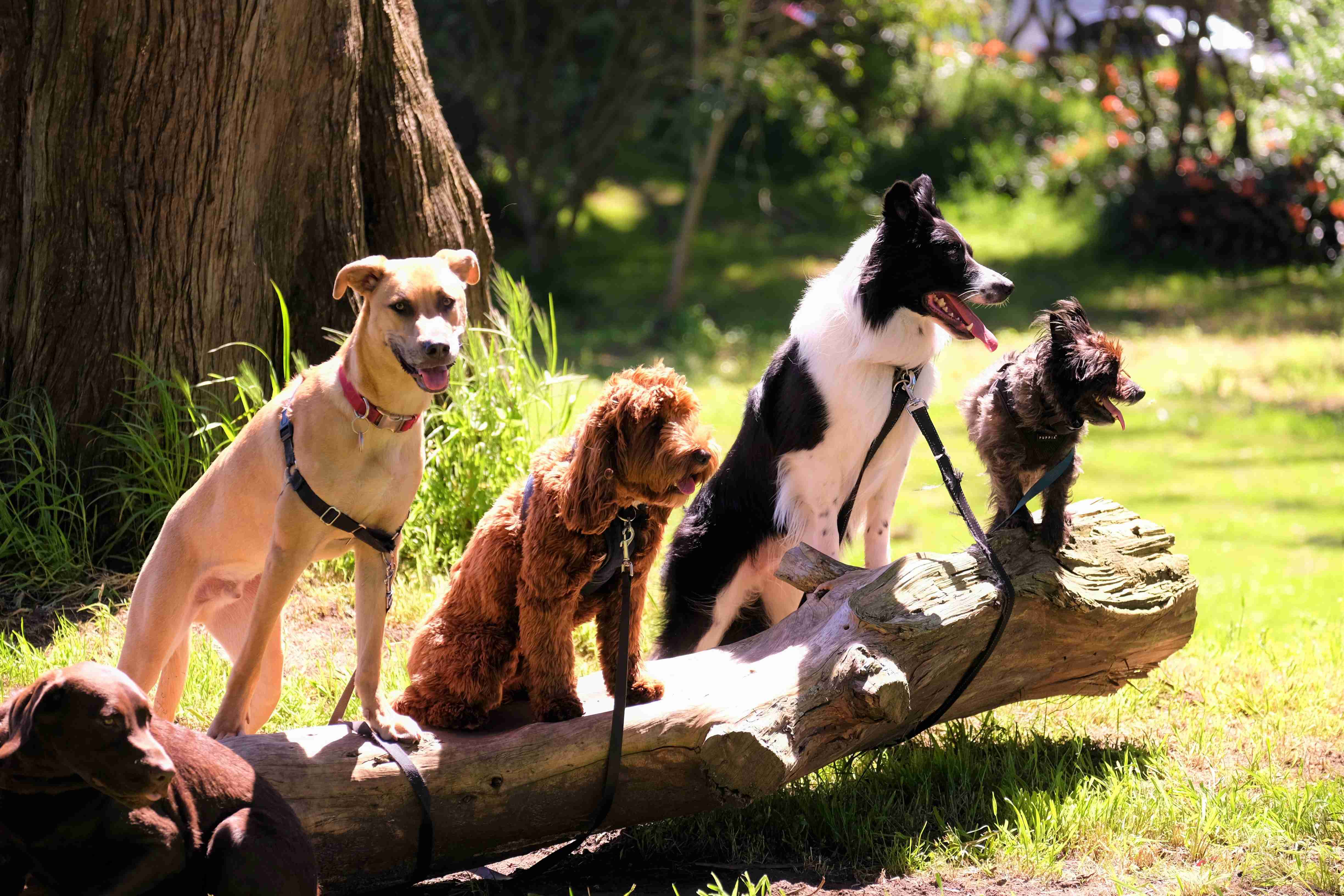As one of the most beloved dog breeds in the world, German Shepherds have always been known for their intelligence, loyalty, and bravery. These qualities have made them a popular choice for various roles, from police and military work to serving as family pets. But have you ever wondered if German Shepherds can also be trained to become search and rescue dogs? In this blog post, we’ll explore the truth behind this question and uncover the unique characteristics that make German Shepherds a great fit for search and rescue work.
German Shepherds are one of the most popular dog breeds in the world. They are known for their intelligence, loyalty, and courage, which makes them ideal for various roles, including search and rescue operations. The question is, can German Shepherds make great search and rescue dogs? In this blog post, we will explore the characteristics of German Shepherds that make them suitable for search and rescue missions, the training required to transform them into effective search and rescue dogs, and some examples of successful German Shepherd search and rescue teams.
Characteristics of German Shepherds that make them suitable for search and rescue missions:
German Shepherds are large and powerful dogs, weighing between 50 and 90 pounds. They are known for their high energy levels, which make them ideal for search and rescue missions that require long hours of activity. They are also very intelligent and trainable, which is essential for search and rescue dogs as they need to learn and follow specific commands to locate missing people.
German Shepherds have an excellent sense of smell, which is crucial for search and rescue operations. They can detect scents that are not noticeable to humans, and they can track individuals over long distances. Additionally, German Shepherds have a strong sense of loyalty and are very protective of their owners, which is an essential trait for search and rescue dogs as they need to be willing to put themselves in harm’s way to save others.
Training required to transform German Shepherds into effective search and rescue dogs:
Training is essential to transform German Shepherds into effective search and rescue dogs. The training process involves teaching the dog specific commands and skills that are necessary for search and rescue operations. The training typically involves the following:
1. Basic obedience training: This involves teaching the dog to obey basic commands such as sit, stay, come, and heel.
2. Scent training: This involves teaching the dog to detect specific scents and track them over long distances.
 - Copy.jpg)
3. Agility training: This involves teaching the dog to navigate through obstacles such as tunnels, ramps, and stairs.
4. Socialization training: This involves exposing the dog to different environments and people to make them more comfortable in different situations.
5. Mock search and rescue missions: This involves simulating search and rescue missions to test the dog’s skills and reinforce their training.
Examples of successful German Shepherd search and rescue teams:
German Shepherds have been used in search and rescue missions for many years, and they have been successful in locating missing individuals in various situations. Here are some examples of successful German Shepherd search and rescue teams:
1. Hurricane Katrina: In 2005, German Shepherds were used to locate survivors of Hurricane Katrina in New Orleans. They were instrumental in finding people who were trapped in damaged buildings and debris.
2. 9/11: German Shepherds were used extensively in the search and rescue operation following the terrorist attacks of September 11, 2001. They were used to locate survivors in the rubble of the World Trade Center and Pentagon.
3. Snowstorm in Italy: In 2017, a team of German Shepherds was used to locate survivors of an avalanche in Italy. The dogs were able to locate five people who were buried under the snow.
German Shepherds can make great search and rescue dogs due to their intelligence, loyalty, and strong sense of smell. However, they require extensive training to transform them into effective search and rescue dogs. The training process involves teaching the dog specific commands and skills that are necessary for search and rescue operations. German Shepherds have been used successfully in various search and rescue missions, including Hurricane Katrina, 9/11, and the snowstorm in Italy. If you are considering getting a search and rescue dog, a German Shepherd could be an excellent choice.
In conclusion, German Shepherds are not only loyal and devoted companions but also have the intelligence and physical abilities necessary to become exceptional search and rescue dogs. Their dedication to their handlers and their eagerness to learn and perform tasks make them ideal for this role. With proper training and guidance, German Shepherds can become valuable assets in search and rescue missions, saving countless lives and providing comfort to those in need. So, if you’re considering a search and rescue dog, look no further than the German Shepherd, a breed that is sure to impress with its skills and devotion to duty.


%20-%20Copy.jpg)
.jpg)
.jpg)
%20-%20Copy.jpg)
.jpg)
%20-%20Copy.jpg)
